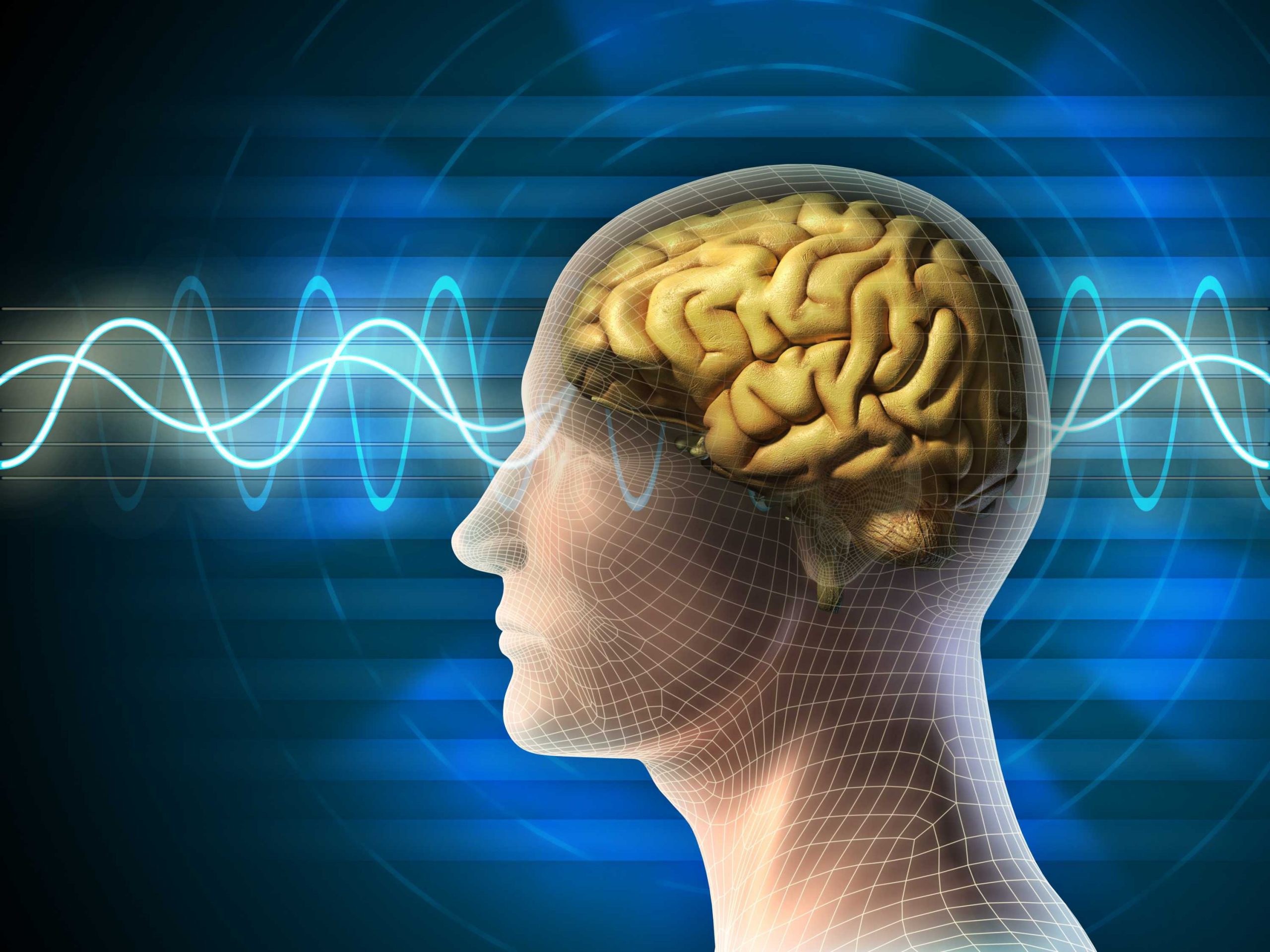According to recent statistics, most Americans spend more than seven hours per day staring at screens. Both work and free time are dominated by screen time.
Between typing up sales reports, answering email, scrolling through social media, and binging on Netflix, it’s not unusual for people to spend almost all day looking at laptops, tablets, and smartphones.
This is the result of rapid technological development over the past twenty years. In 2000, for instance, only half of US households had a computer – and smartphones wouldn’t be invented for years still.
How does all this screen time affect our mental and physical health? Scientists have been striving to answer this question, but results have been elusive and sometimes contradictory.
To provide some insights, though, here are three clear facts we know about screen time and brain health.
Screens Disrupt Sleep by Emitting Blue Light
You’ve probably heard this one before, but it’s one of the few cast-iron facts around screen time and brain health.
Too much screen time – especially in the evening – disrupts your brain’s circadian rhythm. In particular, blue light from your screen suppresses the hormone melatonin, which is crucial for healthy sleep.
In addition, the stimulation that screens provide – from YouTube videos to Instagram stories – frequently prevents the mental relaxation necessary for falling asleep.
Too Much Screen Time Changes Brain Development in Preschoolers
In some ways, screens are beneficial for children. There are specialized learning apps for toddlers and young children, and exposure to computers and mobile devices helps them develop the skills needed to succeed in the digital world.
However, too much screen time has been shown to be harmful to children, especially in their early development phases. It can notably inhibit both language and social development. A recent study even showed that screen use can affect brain structure.
Using MRI images, scientists discovered that children between 3 and 5 who looked at screens for longer than one hour a day without parental involvement had significantly less development in the brain’s white matter. Tellingly, white matter is essential for cognitive skills, literacy, and language development.
Excessive Screen Use Increases the Risk of Depression
One way in which screens affect the brain health of both children and adults is that it increases the risk of mental health issues, such as depression and anxiety.
While some screen uses – like staying connected with friends and family during the pandemic – are beneficial to mental health, excessive amounts of time spent on various devices can have the reverse effect.
Scientists found that spending more than six hours per day staring at screens significantly increases the risk of moderate to severe depression in adults.
Final Thoughts
Screens are a central part of our everyday lives, both at work and during our free time.
However, science has shown that excessive screen time has negative impacts. It especially affects mental health, sleep, and the brain development of children.
There’s no doubt we benefit from the massive advantages that technology brings to our lives. However, it’s clearly necessary to carefully regulate our screen use.











